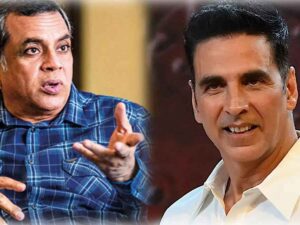The Supreme Court’s views at the end of the Uddhav Thackeray-Eknath Shinde dispute over the “real” Shiv Sena signalled the judges’ scepticism about the present Maharashtra Chief Minister’s path to power.
For example, Chief Justice of India D.Y. Chandrachud, who presided over the Bench, observed how the 39 rebel Shiv Sena legislators who comprised the Shinde camp would have been disqualified under the Tenth Schedule (anti-defection law) of the Constitution if the Supreme Court had not issued an interim order on June 27, 2022, staying the hand of then Deputy Speaker Narhari Zariwal.
The Bench had wondered whether its 2016 judgment in the Nabam Rebia case was more of “a caution than an absolute principle”. The Rebia judgment had held that a Speaker who was himself under a cloud should not hear and decide disqualification petitions of legislators under the anti-defection law until his own name was cleared.
Secondly, the Constitution Bench had wondered whether MLAs facing disqualification for causing a ‘split’ in the party, and unsettling the ruling government, could be allowed to benefit from a subsequent floor test.
Allowing an MP or an MLA who is facing disqualification under the anti-defection law to participate in a floor test caused by his own doings will defeat the very purpose of Tenth Schedule,” Chief Justice Chandrachud had observed.
Finally, the Bench had referred to then Maharashtra Governor Bhagat Singh Koshyari’s call for a trust vote on the floor of the House, which had eventually led to the fall of the Uddhav Thackeray government.
Can the Governor use his constitutional office to “precipitate” the fall of a legitimately established and functioning government, the court had asked Solicitor General Tushar Mehta, who appeared for the Governor’s office.











More Stories
‘अक्षय कुमार दोस्त नहीं, सिर्फ सहकर्मी हैं’ परेश रावल ने अपने कमेंट पर दी सफाई
Jammu: पाकिस्तान के असफल हमलों के बाद स्थिति का जायजा लेने जम्मू पहुंचे सीएम अब्दुल्ला, उरी जाएंगे उपराज्यपाल
भारत-पाक तनाव के कारण 24 एयरपोर्ट्स बंद, एयरलाइंस की ट्रैवल एडवाइजरी जारी